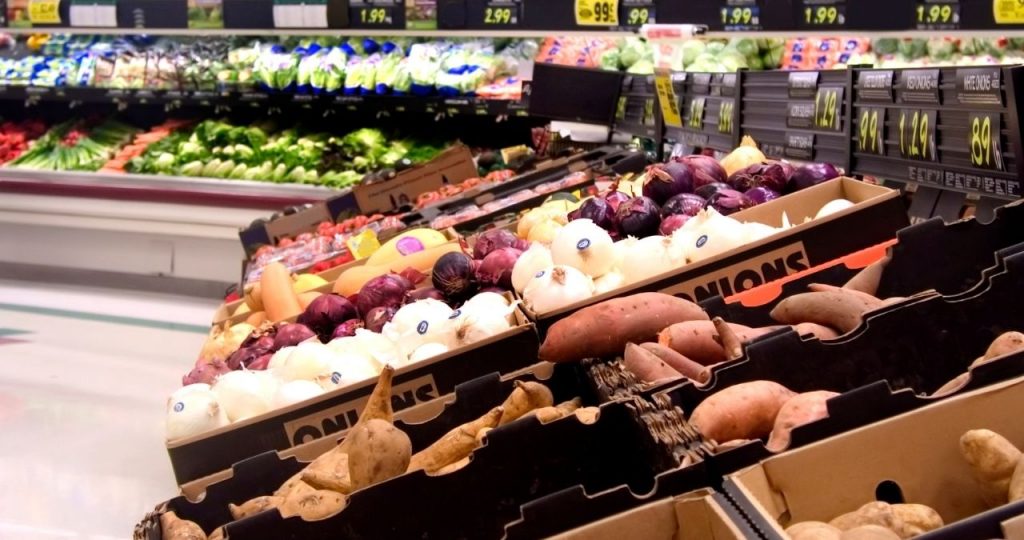The cold chain is defined as the use of technology in the process of transporting perishables. Without temperature control, foodstuffs like fruits, vegetables, dairy products, seafood, and medical products get bad quickly and become waste. The cold chain idea is to control and prevent wastage in the supply chain of perishable goods. Transporting, storing, and selling these perishables at a controlled temperature is the way of the cold chain. The industry has created a global conversation where is argued that it is expensive to invest in cold chain and only developed countries have the power to embrace it. But most countries that have already started it can tell the difference. Read on for more information on the importance of cold chain in agriculture.
Importance of Cold Chain in Agriculture
Prevent food loss
The traditional chain of production to consumption of perishable has mass food losses. From the time of harvest, processing, packaging, and transporting loss of food occurs at every stage. The cold chain prevents such losses. The resources needed to produce perishable foods like land, water, and other inputs are becoming scarce and expensive. The cost increases when these foods get damaged before they are consumed. Reducing post-harvest food losses will assist with the ever-rising demand for perishable goods. Having satisfied the demand with the current production will help save on water, labor, and other resources needed to produce more to cater for the lost harvest. Globally, these resources are becoming more costly. Reducing food losses through the cold chain will be cheaper than the current resource price. Having a loss-free chain of production will make all players get the value for their labor and money.
Most perishable imports like seafood, dairy, fruits, and vegetables plus others can now easily flow in their home country. That flow has continuity which is facilitated by distributors and retailers. Produce from the source country penetrate the home country in a refrigerated container. They will then send the produce to the warehouse by land. After arrival, the unloading is done under controlled temperatures. They are arranged in chilled facilities before deliveries to foodservice suppliers and retail stores are done in small cold vans. This is to make it easy to travel in urban crowded areas. The customers will purchase the perishables and take them home in insulated boxes. The flow is uninterrupted and customers receive fresh produce. Countries that have already incorporated cold chain in agriculture are reaping the fruits in a bigger way. Their perishables may be priced higher but the availability is constant.
Job Creation
The cold chain industry is a field that is creating millions of jobs for the country. This includes warehouse operatives, drivers, system analysis, representatives, and importers down to the delivery man in the retail shop. The whole line and stage of production will create direct and related job opportunities. With the global increase of the unemployment rate, countries can introduce a cold chain and with time, joblessness will be minimized. The cold chain industry enables the growth of other industries. When the demand for freezers, trucks, spare parts, and warehouses increases, it means the provider of these products will increase their manufacturing hence adding to the growth of jobs. Cold chain businesses have become innovative by trying to adapt to the dynamic food industry and consumer demand. The supply chain must become more complex with new technologies in order to serve the purpose. With innovation comes employment.
Environmental Conservation
We all have heard of climate change and its impact. The world is focusing on ways on how to conserve the environment to reduce the impact of climate change. In fact, food waste is in itself a global climate disaster. The world’s population wastes a third of the food produced. This results in unnecessary land use and wasted carbon emission contributing largely to climate change. In the developed countries, food wastage is mainly in the last stage of the supply chain. Throwaways are higher in homes, restaurants, and shops. In the developing countries is different, most food wastage is not with the consumer but with post-harvest storage and distribution. The main reason being the lack of or minimal efficient cold chain. Countries must therefore embrace and invest in the cold chain industry to tackle climate change.
Urbanization
The old way of purchasing perishables like groceries has changed and people are turning to more modern ways to buy them. Today, in most areas you don’t need to walk or drive to the center to select your needed perishables. Instead, you can make an order and have it delivered. The cold chain has made many entrepreneurs open retailer shops to sell chilled perishables. Once you open such a supply store, other complementary businesses will arise making the place more urbanized, the consumers too, receive modern services regardless of their location. The increased demand for cold chain services in countries in an area leads to the growth of towns.
Cannonball Express Transportation
Cannonball Express Shipping Company has been providing top-of-the-line service at a reasonable rate. Based in Omaha, Nebraska, we provide nationwide refrigerated LTL services, as well as, local delivery services. Contact us today!
Nationwide Shipping Company Services:
- Refrigerated LTL deliveries in the lower 48 states
- Refrigerated Cross dock
Local Shipping Company Services:
- Redelivery Services
- Truckload & LTL Capabilities
- PUP
- Cross dock
- Transload
- Warehouse and Distribution capabilities from multiple Omaha Locations

